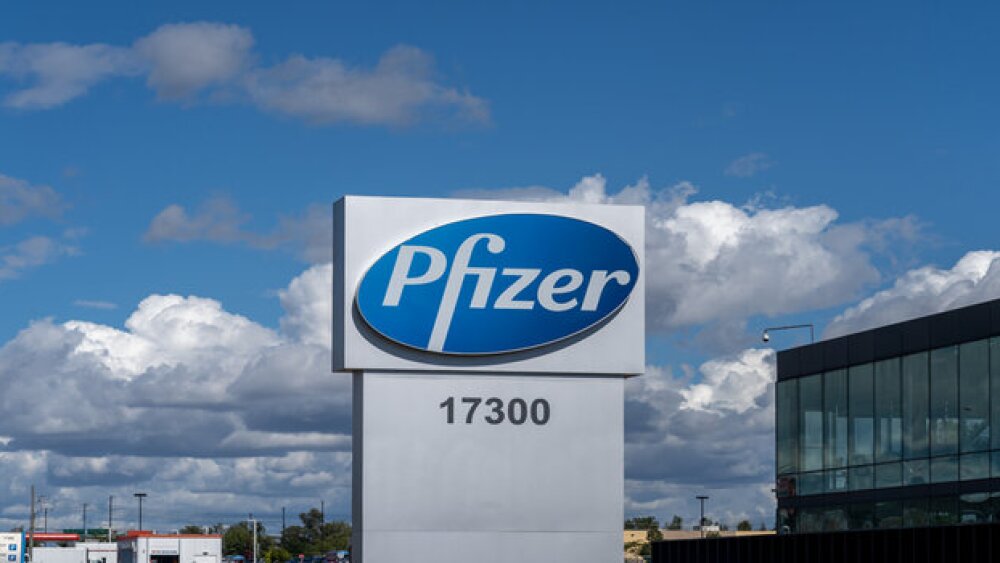EMERYVILLE, Calif., and NOVATO, Calif., Dec. 3 /PRNewswire-FirstCall/ -- Neurobiological Technologies, Inc. (NTI(R)) and the Buck Institute for Age Research (Buck) today announced they have formed a partnership to develop a drug to treat Huntington's disease (HD), a fatal hereditary brain disorder that affects approximately 30,000 Americans. The research involves fibroblast growth factor-2 (FGF-2), a naturally occurring protein that has been studied extensively for its neuroprotective properties.
Scientists at the Buck have used FGF-2, in both cell-based and animal models of HD. After being treated with FGF-2, mice with HD showed a 150 percent increase in new nerve cells, compared to a 30 percent increase in non-HD mice. Treatment with FGF-2 extended the lifespan of the affected mice by 20 percent; the animals also exhibited improved motor performance, decreased cell death and a reduction in the amount of toxic aggregates that typically form in the brains of those affected by HD. Buck scientists will now seek to create a form of FGF-2 that can be moved into human clinical trials.
"We are proud to be working with Buck on this project," said Paul E. Freiman, President and CEO of NTI. "We look forward to applying our expertise in drug development to this partnership and working to bring this important research from the lab to the patient."
"The fact that FGF-2 has such dramatic effects specifically in HD models and is able to cross the blood-brain barrier shows exciting promise as potential new therapy for HD," said Remy Gross, Buck Institute Director of Business Development. "We are very pleased that NTI has recognized the unmet need among those facing HD; we look forward to working with them in this partnership."
There is currently no effective treatment or cure for HD, which is typically characterized by involuntary movements and dementia. The disease slowly diminishes a person's ability to move, think and communicate. Those affected eventually become totally dependent on others for their care and usually die from complications such as choking, heart failure or infection. The disease is hereditary; each child of a person with HD has a 50/50 chance of inheriting the fatal gene. Approximately 200,000 Americans are believed to be at risk of developing HD, a disease that affects as many people as hemophilia, cystic fibrosis or muscular dystrophy. The symptoms of HD typically begin to appear in mid-life, although the progression of the disease varies among individuals and within the same family.
About the Buck Institute:
The Buck Institute is an independent non-profit organization dedicated to extending the healthspan, the healthy years of each individual's life. The National Institute of Aging designated the Buck a Nathan Shock Center of Excellence in the Biology of Aging, one of just five centers in the country. Buck Institute scientists work in an innovative, interdisciplinary setting to understand the mechanisms of aging and to discover new ways of detecting, preventing and treating age-related diseases such as Alzheimer's and Parkinson's disease, cancer, stroke, and arthritis. Collaborative research at the Institute is supported by genomics, proteomics and bioinformatics technology. For more information: http://www.buckinstitute.org.
About NTI:
NTI is a specialty biopharmaceutical company with expertise in identifying and acquiring promising drug candidates and in designing and managing late-stage clinical trials for central nervous system conditions. NTI is currently developing Viprinex(TM) (ancrod), a novel reperfusion agent that is in pivotal Phase 3 trials for the treatment of acute ischemic stroke. For more information: http://www.ntii.com.
Forward-Looking Statements
Except for the historical information contained herein, the matters discussed in this press release are forward-looking statements that involve risks and uncertainties, including risks relating to the acquisition of new product candidates and our levels of future expenditures and capital resources, as well as other risks detailed from time to time in our Annual Report of Form 10-K and other filings with the Securities and Exchange Commission. Actual results may differ materially from those projected. These forward-looking statements represent our judgment as of the date of the release. We undertake no obligation to update these forward-looking statements.
CONTACT: Paul E. Freiman, President and CEO of Neurobiological
Technologies, Inc., +1-510-595-6000; or Kris Rebillot of Buck Institute for
Age Research, +1-415-209-2260, krebillot@buckinstitute.org
Web site: http://www.ntii.com/
http://www.buckinstitute.org/




